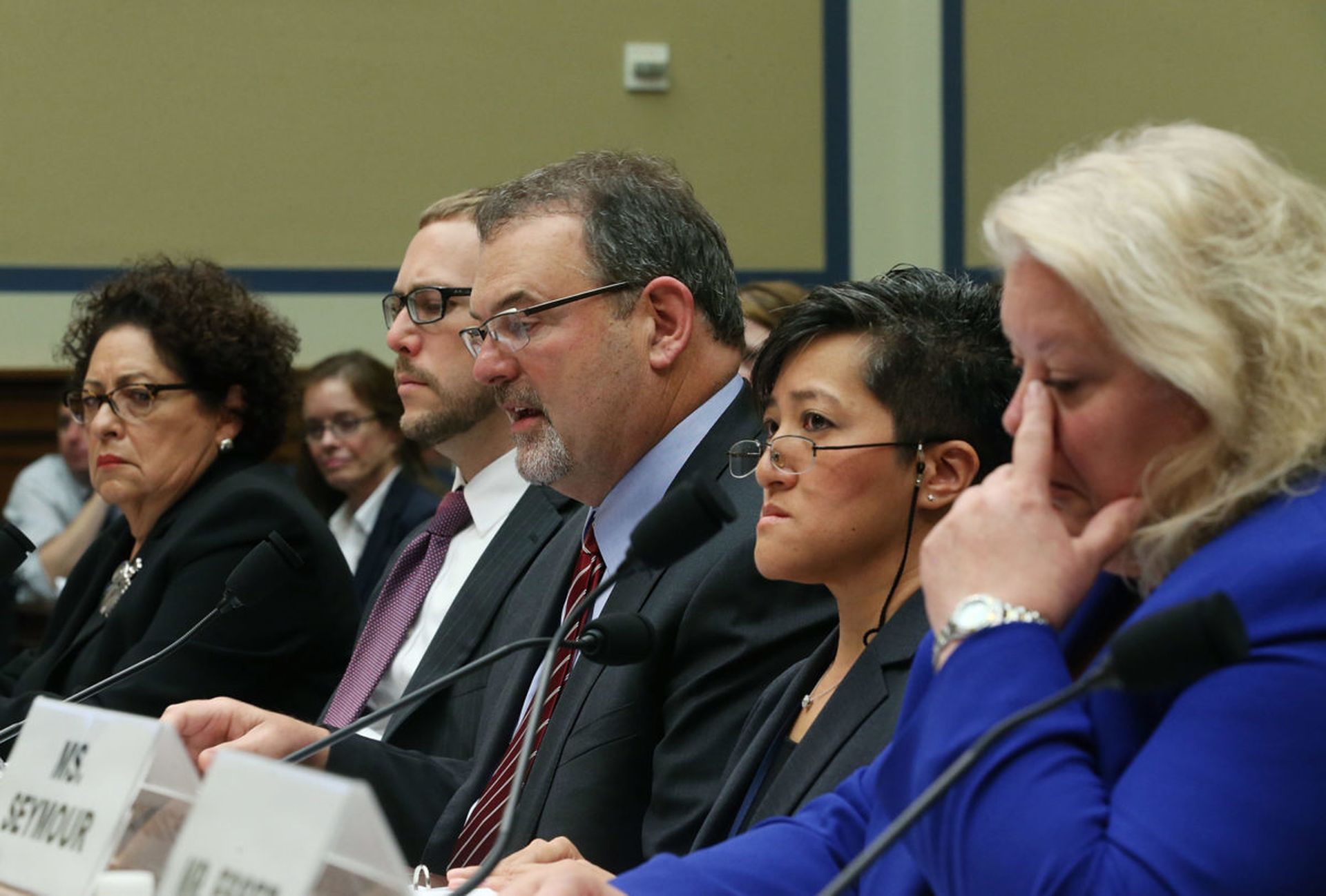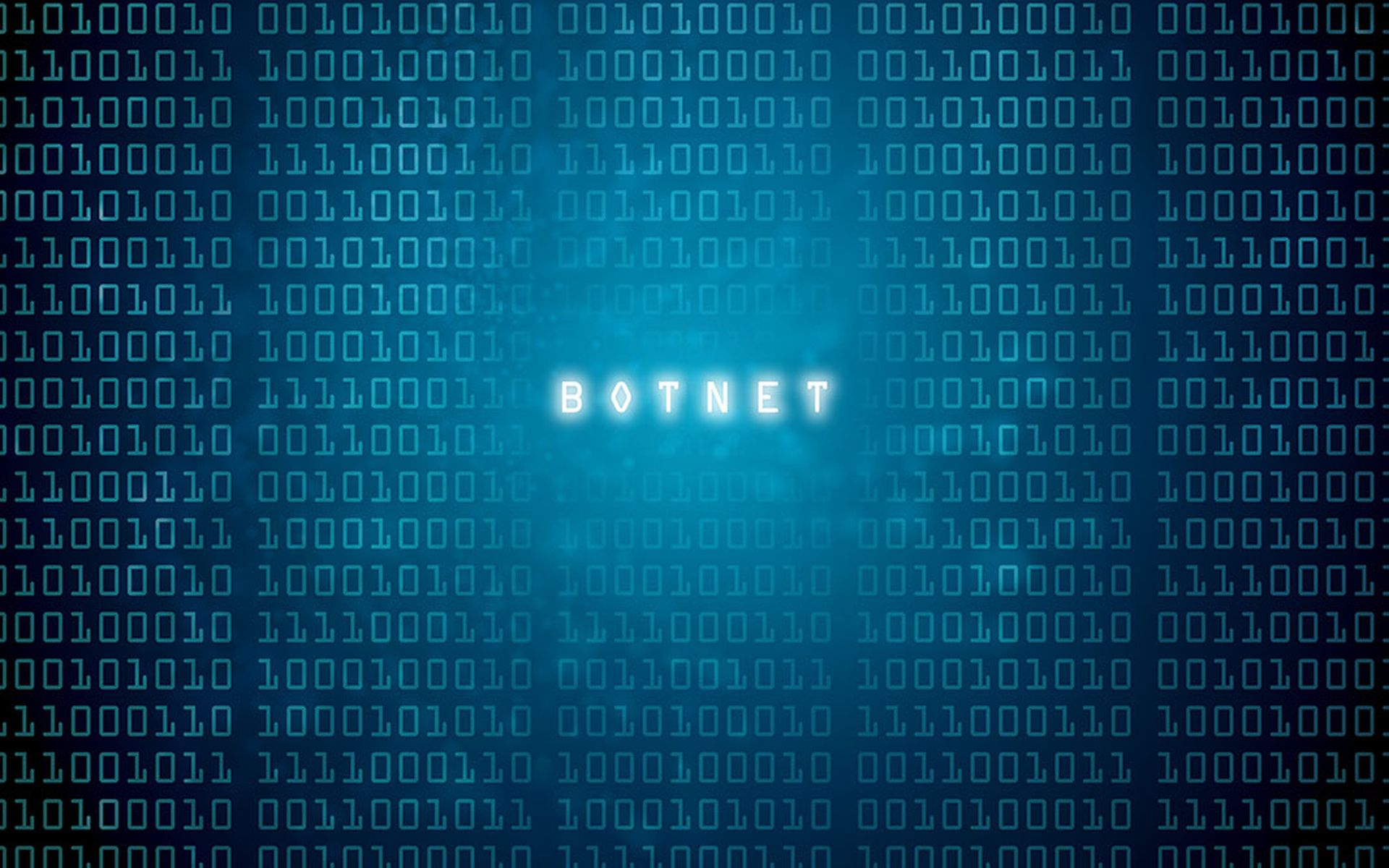Former Federal Chief Information Officer Tony Scott is taking over as CEO of Intrusion.
The hire was announced during a Nov. 11 earnings call and was quickly confirmed by Scott on Twitter shortly thereafter. In a statement, Intrusion chair Tony Levecchio pointed to Scott’s background and connections in the federal space as a key factor in the decision to bring him on board.
“We are pleased to welcome Tony to Intrusion and believe his unparalleled expertise, decades of executive leadership and highly regarded reputation will provide significant benefit to the company at this critical stage of our evolution,” said LeVecchio. “His deep knowledge and connections at the federal government will be extremely valuable to the management and oversight of our government business, while his broad experience at market-leading enterprises will be critical to the expansion of our Shield solution.”
Appointed as federal CIO in 2015 by President Barack Obama, Scott is credited for helping oversee a governmentwide push on IT modernization and hired Gregory Touhill as the first-ever federal chief information security officer. After leaving the post following the 2016 elections, Scott worked as a data privacy and cybersecurity advisor for Squire Patton Boggs and started his own cybersecurity consultant and venture capital firm.
Before working for the federal government, he served stints as CIO at Disney, VMWare and Microsoft.
Scott, who starts Monday, will take over during a turbulent period in the company’s history. He will be replacing former CEO Jack Blount, a self-described “turnaround expert” who took over the company in May 2020 and oversaw substantial short-term growth. However, Blount was fired this past July just months after shareholders brought a class-action lawsuit against the company for allegedly misleading the public about the efficacy of Shield. Since then, the company has been run by Chief Financial Officer Franklin Byrd and Chief Technology Officer Joe Head.
It’s not the first time LeVecchio has been involved with a company accused of misleading investors. In 2016, a company he co-chaired, UniPixel, paid a $750,000 fine to the Securities and Exchange Commission to settle charges that it misled investors about its production status and sales agreements.
Shield is a network security solution which Intrusion’s website describes as a combination of “over 25 years of IP reputational behavior with advanced real-time network monitoring to protect you from Zero-Day, malware-free and other contemporary attacks.”
In January, stock and hedge fund research firm White Diamond published a report raising questions about the efficacy of Shield and the structure of Intrusion. According to the report, which was largely incorporated into subsequent lawsuits, Shield was — by Intrusion’s own admission in earnings calls — not so much a novel cybersecurity solution as it was a repackaging of three different pre-existing technologies the company already sold that was largely based on open source data.
Further, in a beta test of the company’s Shield product with 13 different prospective customers, the company reported “far-fetched” metrics for the solution, claiming it stopped 77,539,801 cyberthreats from 805,110 uniquely malicious entities over a 90-day period. As the report points out, that would mean that each company in the beta test was subject to more than 6 million attacks, or 46 times per minute, all of which were stopped by Shield.
At least three of the companies interviewed by White Diamond revealed that they had substantial business ties with Intrusion or overlap in personnel. The firm also claimed that it could not find any registered patents, certifications or insurance for Intrusion's products.
On the call, executives faced questions from analysts about sluggish sales numbers and acknowledged that they had recently dismissed all but one of their sales staff in a "reset."
Head said the company had implemented a number of “enhancements” to Shield in recent months, including an executive dashboard that “shows what security issues Shield has prevented,” presents two days of rolling data about the amount of malicious traffic the product has blocked, granular information about how much traffic each machine is sending to different countries and security events that got past the network firewall. He also said developers had implemented enhanced daily reporting features and improved the system’s speed and DNS protections.
“We will continue to make refinements to Shield to meet our customers’ needs,” he said.




